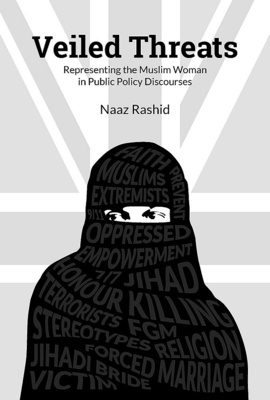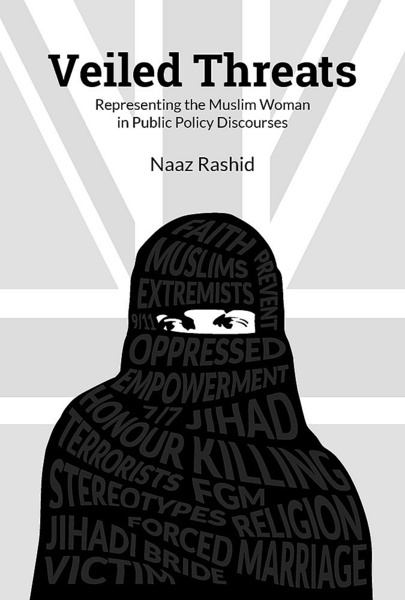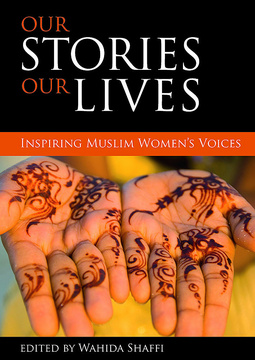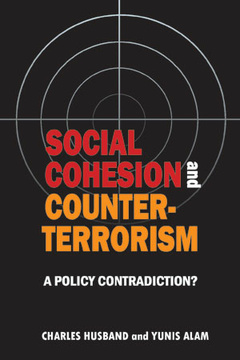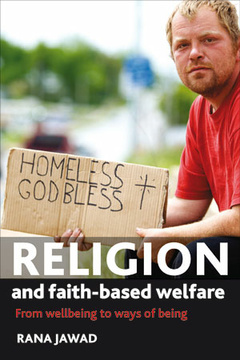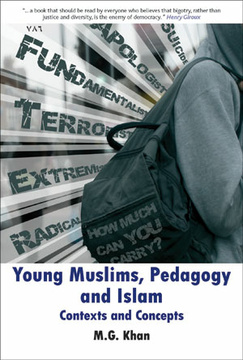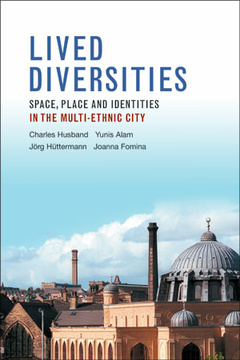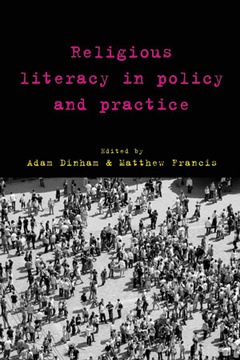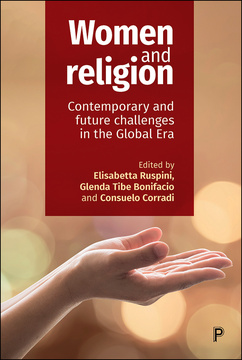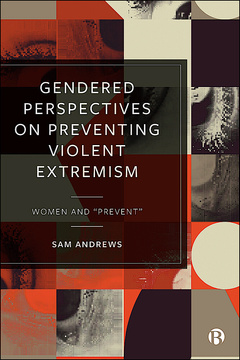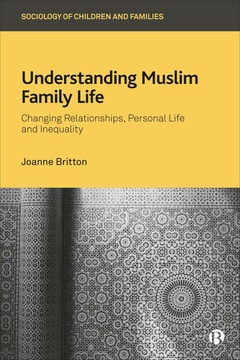Published
May 31, 2016Page count
224 pagesISBN
978-1447325178Dimensions
234 x 156 mmImprint
Policy PressPublished
May 31, 2016Page count
224 pagesISBN
978-1447325192Imprint
Policy PressPublished
May 31, 2016Page count
224 pagesISBN
978-1447325208Imprint
Policy PressPublished
May 31, 2016Page count
224 pagesISBN
978-1447325185Imprint
Policy PressAvailable Open Access under CC-BY-NC-ND licence
As Muslim women continue to be a focus of media-led debate, Naaz Rashid uses original scholarship and empirical research to examine how Muslim women are represented in policy discourse and how the trope of the Muslim woman is situated within national debates about Britishness, the death of multiculturalism and global concerns over international terrorism.
Analysing the relevance of class, citizenship status, and regional differences, Veiled threats is a valuable addition to the burgeoning literature on Muslims in the UK post 9/11. It will be of interest to academics and students in public and social policy, race equality, gender, and faith-based policy.
"A valuable contribution that provides new scholarly insights into how policy contributes to the social construction of its target group - in this case the 'Muslime Woman'." - Journal of Religion and Gender
"Rashid’s book should be required reading not only to academics researching counter-terrorism policy, nationalism and feminism, but also to policymakers tasked with reviewing and implementing such policies in Europe. The Prevent programme remains the flagship UK counter-terrorism policy, and Rashid’s book is a stern warning to policymakers of how problematic it is when security policy approaches identity in a reductive way." Maria W. Norris, LSE Review of Books
“This much-needed critical analysis is a major contribution to our understanding of the complex ways that the figure of the Muslim woman is debated, instructed, feared, and fetishized.” Arun Kundnani, author of The Muslims are Coming! Islamophobia, Extremism, and the Domestic War on Terror
“A challenging exposition of how Muslim women are represented in policy discourses and in the wider society. It reminds us that there is is a need for clear, intelligent and critical analysis of this important social issue.” John Solomos, University of Warwick
"With religion and gender at the heart of moral panics across Britain and Europe, from hijabs to jihadi brides, Rashid’s work could scarcely be more timely, or more necessary." Claire Alexander, University of Manchester
"Provides an excellent lens to look at future political initiatives that focus on Islam and successfully deconstructs the artificial and biased idealistic construction of a ‘Muslim woman’ in UK policy.” Anna Piela, Leeds Trinity University
"Rashid skilfully challenges simplistic accounts of ‘the Muslim woman’ and reveals the complex and situated interplay of gender, race, religion, class and culture in contemporary Britain” Suki Ali, London School of Economics
Dr Naaz Rashid is currently a Teaching Fellow at the School of Law, Politics and Sociology at the University of Sussex. She previously worked in central government and has held positions as a Research Associate in the Sociology Department at the University of Manchester and a Graduate Teaching Assistant at the London School of Economics and Political Science, where she completed her PhD in 2013. She has also previously studied at Birkbeck College and SOAS at the University of London and at the University of Cambridge. Her research interests include ‘race’, gender, religion, urban studies, and social policy. She has had her work published in Ethnic and Racial Studies, as well as in Open Democracy and The Guardian.
Prologue: Veiled threats?;
“Muslim women: your country needs you!” Gendering the UK’s ‘War on Terror’;
Gendered nationalisms: the ‘True’ Clash of Civilisations?;
Tales of the city: diversity in diversity, working between and within local differences;
Giving the silent majority a stronger voice?;
“As a mother and a Muslim”: maternalism and neoliberal empowerment;
A community of communities: privileging religion;
The Muslim Woman: victims of oppression or agents of change?;
Epilogue: some reflections on Prevent







